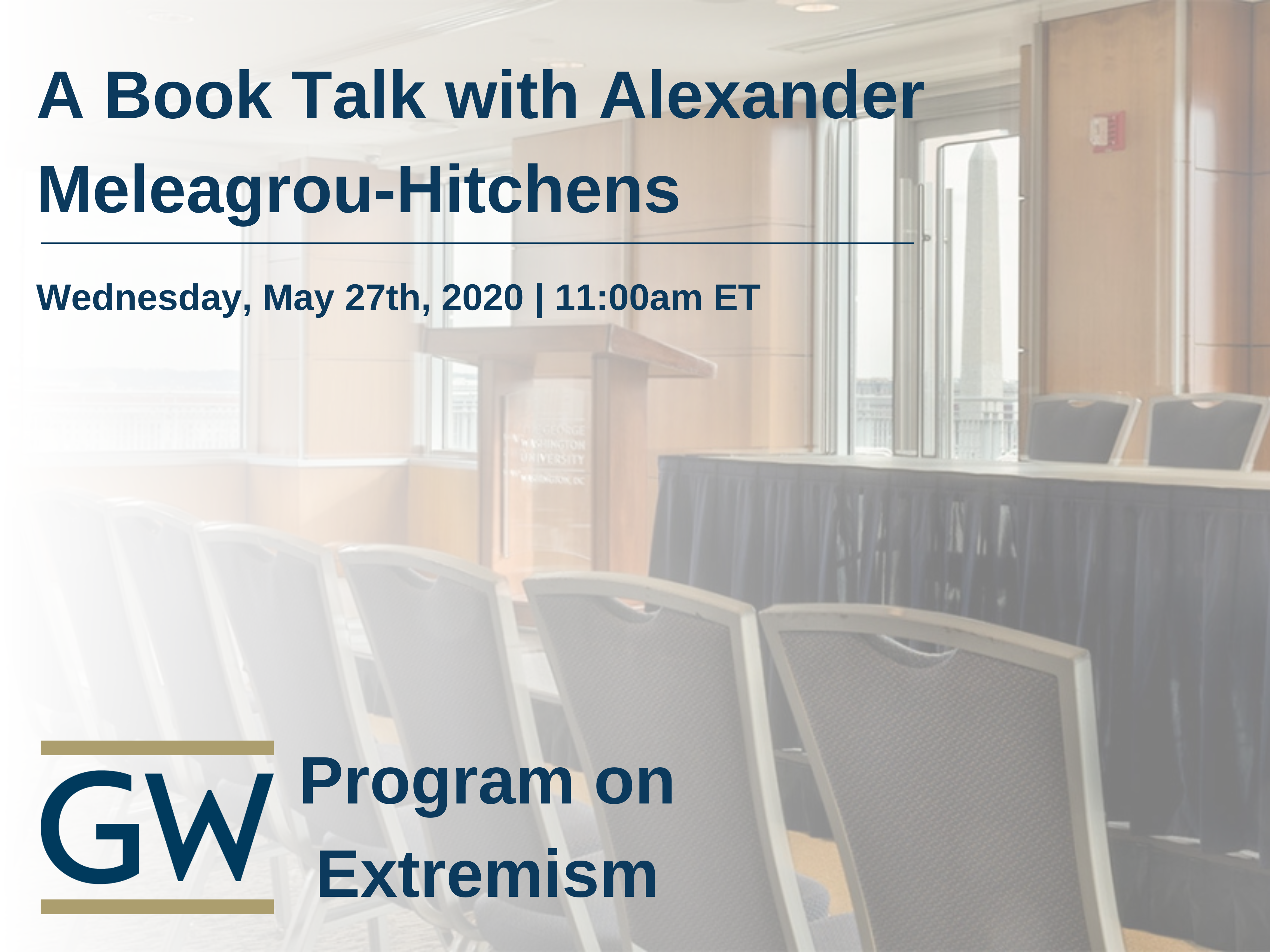A Book Talk With Alexander Meleagrou-Hitchens
Incitement: Anwar al-Awlaki’s Western Jihad
Summary
Anwar al-Awlaki is one of the most important figures in the story of the global jihad movement in the West. By the time he was killed by a U.S. drone strike in 2011, he had become a spiritual leader for thousands of extremists, especially in the United States and Britain, where he aimed to make violent Islamism “as American as apple pie and as British as afternoon tea.”
A native of New Mexico, Awlaki rose to prominence in 2001 as the imam of a Northern Virginia mosque attended by three of the 9/11 hijackers. After leaving for Britain in 2002, he began delivering popular lectures and sermons that were increasingly extreme and anti-Western. In 2004 he moved to Yemen, where he eventually joined al-Qaeda and oversaw numerous major international terrorist plots. Through live video broadcasts to Western mosques and universities, YouTube, magazines, and other media, he soon became the world’s foremost English-speaking recruiter for the jihad movement. He has been linked to about a quarter of the Islamists convicted of terrorism-related offenses in the United States since 2007.
On May 27th, 2020, the Program on Extremism held an online event to discuss the Program’s Research Director Alexander Meleagrou-Hitchens’ newly released book Incitement: Anwar al-Awlaki’s Western Jihad. During this discussion, moderated by Scott Shane, former national security reporter for The New York Times, Dr. Meleagrou-Hitchens provided an exhaustive overview of Awlaki’s role as the foremost English-speaking jihadist ideologue in history. Dr. Meleagrou-Hitchens also analyzed the evolution of both Salafi thought and the relationship between Awlaki and the broader Islamist movement in the United States and United Kingdom. Dr. Meleagrou-Hitchens concluded the discussion by examining three case studies in Incitement that highlight jihadist mobilization in the West and underscored the ability of Awlaki to deeply influence individuals in the West long after his 2011 death.

